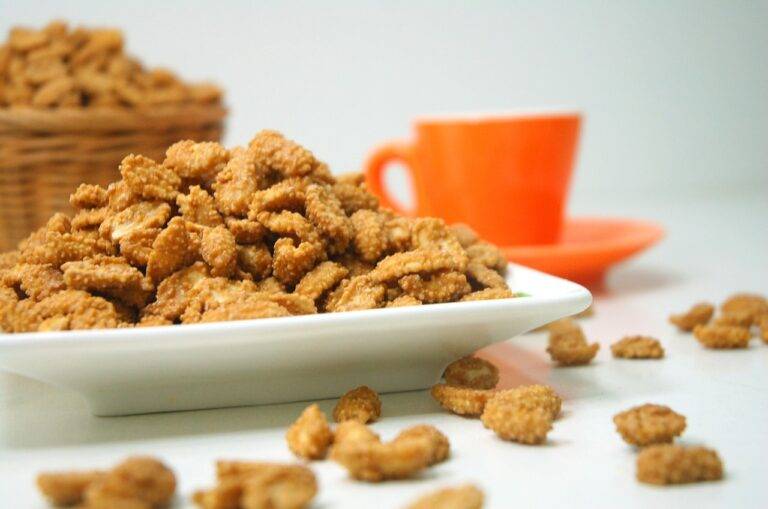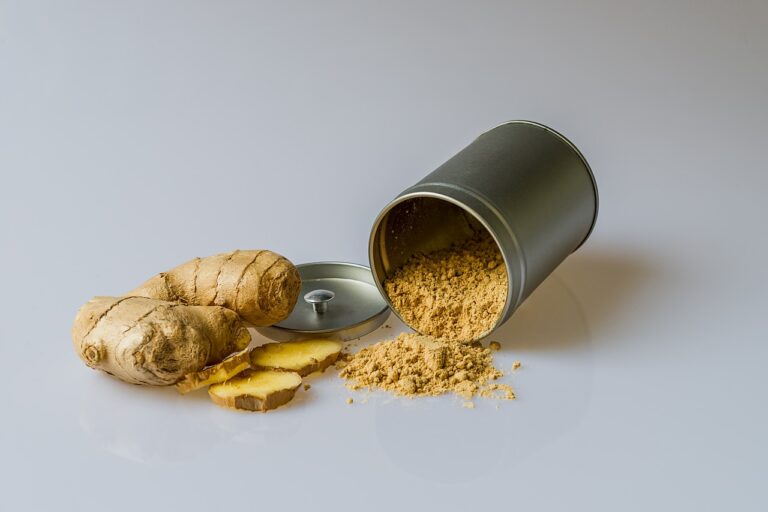Understanding the Connection Between Diet and Digestive Health Disorders: Allexchange bet, 99 exchange login, Allpanel com
allexchange bet, 99 exchange login, allpanel com: Understanding the Connection Between Diet and Digestive Health Disorders
In today’s fast-paced world, many people struggle with digestive health disorders that impact their daily lives. From bloating and gas to more serious conditions like irritable bowel syndrome (IBS) and Crohn’s disease, digestive issues can be uncomfortable and debilitating. While there are many factors that can contribute to these disorders, one of the most significant is diet.
Diet plays a crucial role in the health of our digestive system. The foods we eat can either help or harm our gut health, and making smart dietary choices can go a long way in preventing and managing digestive health disorders. In this article, we will explore the connection between diet and digestive health disorders, and provide tips on how to improve your gut health through proper nutrition.
The Gut Microbiome: The Key to Digestive Health
Before we delve into the impact of diet on digestive health, it’s important to understand the role of the gut microbiome. The gut microbiome is a complex ecosystem of trillions of bacteria, fungi, and other microorganisms that live in our digestive tract. These microorganisms play a vital role in digestion, nutrient absorption, and immune function.
Research has shown that an imbalance in the gut microbiome, known as dysbiosis, is linked to a variety of digestive health disorders, including IBS, inflammatory bowel disease (IBD), and gastroesophageal reflux disease (GERD). Dysbiosis can be caused by a variety of factors, including diet, stress, and medications.
The Impact of Diet on Digestive Health
One of the most significant factors influencing the gut microbiome is diet. The foods we eat can either promote the growth of beneficial gut bacteria or feed harmful bacteria that can disrupt the balance of the microbiome. A diet high in processed foods, sugar, and unhealthy fats can lead to inflammation and damage to the gut lining, contributing to digestive health disorders.
On the other hand, a diet rich in fiber, fruits, vegetables, and fermented foods can help support a healthy gut microbiome and improve digestive health. Fiber, in particular, is crucial for maintaining regular bowel movements and preventing constipation. Fruits and vegetables are rich in vitamins, minerals, and antioxidants that support overall gut health, while fermented foods like yogurt, kefir, and sauerkraut contain probiotic bacteria that can help restore the balance of the gut microbiome.
Tips for Improving Gut Health Through Diet
If you’re looking to improve your digestive health through diet, here are some simple tips to get you started:
1. Eat a variety of fruits and vegetables: Aim to fill half your plate with fruits and vegetables at each meal to ensure you’re getting a good mix of nutrients and fiber.
2. Include probiotic-rich foods in your diet: Incorporate fermented foods like yogurt, kefir, and kimchi into your meals to boost your intake of beneficial probiotic bacteria.
3. Avoid processed foods: Limit your intake of processed foods high in sugar, unhealthy fats, and additives that can disrupt the balance of the gut microbiome.
4. Stay hydrated: Drink plenty of water throughout the day to help maintain regular bowel movements and support digestion.
5. Manage stress: Chronic stress can have a negative impact on gut health, so find ways to relax and destress, such as meditation, yoga, or deep breathing exercises.
6. Be mindful of food sensitivities: Pay attention to how your body reacts to certain foods and consider eliminating or reducing those that trigger digestive symptoms.
By making small changes to your diet and lifestyle, you can support a healthy gut microbiome and improve your overall digestive health.
FAQs
Q: Are there specific foods that can help with digestive health?
A: Yes, foods like fiber-rich fruits and vegetables, probiotic-rich fermented foods, and healthy fats like avocado and olive oil can support digestive health.
Q: Can dietary changes improve symptoms of digestive health disorders like IBS?
A: For many people, making dietary changes can help alleviate symptoms of digestive health disorders like IBS. Working with a healthcare provider or dietitian can help you identify trigger foods and develop a plan to manage your symptoms.
Q: How long does it take to see improvement in digestive health after making dietary changes?
A: The timeline for seeing improvement in digestive health after making dietary changes can vary from person to person. Some people may notice a difference in symptoms within a few weeks, while others may take longer to see results. Patience and consistency are key.
Q: Are supplements necessary for maintaining gut health?
A: While supplements can be helpful for some individuals, it’s best to focus on getting nutrients from whole foods whenever possible. If you’re considering taking supplements for gut health, consult with a healthcare provider or dietitian to ensure they’re appropriate for your individual needs.
In conclusion, the connection between diet and digestive health disorders is clear. By making smart dietary choices that support a healthy gut microbiome, you can improve your digestive health and overall well-being. Remember to eat a variety of nutrient-rich foods, prioritize fiber and probiotic-rich foods, and listen to your body to determine what works best for you. Your gut will thank you!







